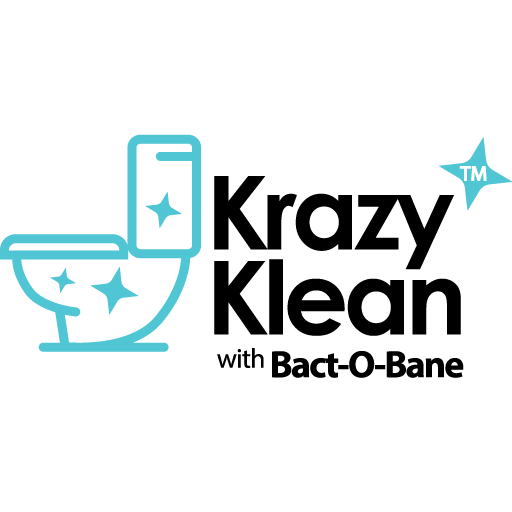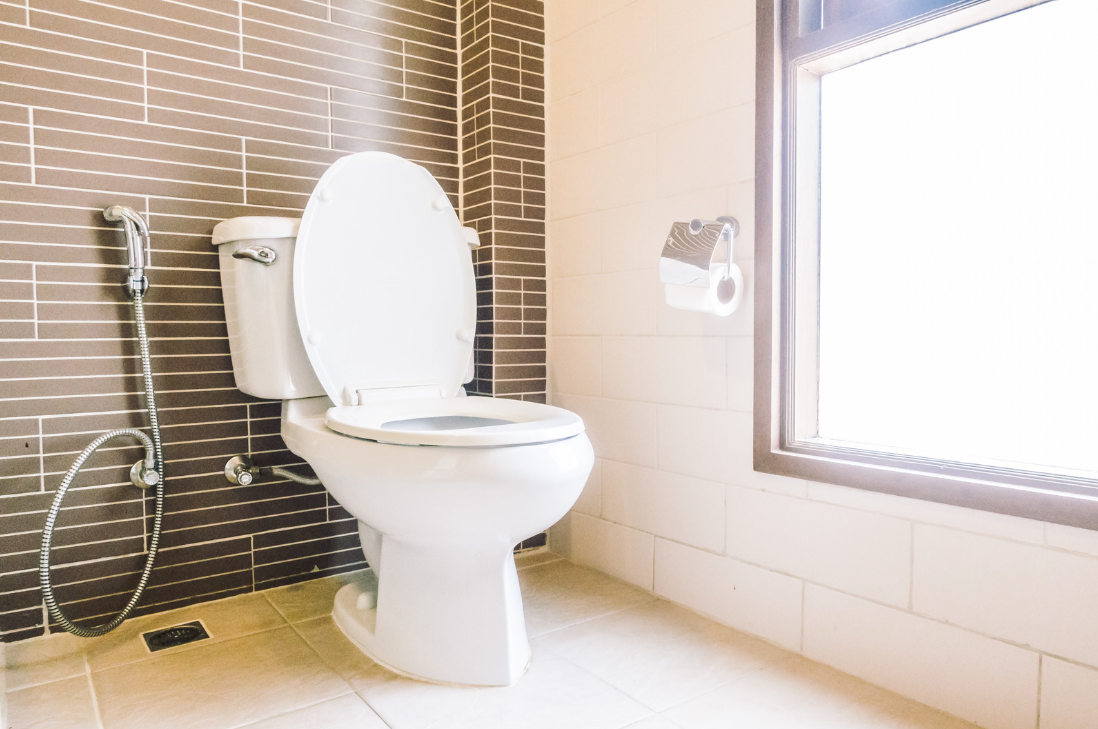Soft water is not only essential for our daily lives but also has numerous benefits. Let's dive into the world of soft water and understand its importance, uses, and how it differs from hard water.
What is Soft Water?
Soft water is water with low levels of calcium and magnesium ions. It occurs naturally or can be achieved through a water softening process. Unlike hard water, soft water is gentle on your skin, hair, appliances, and plumbing systems.
The Science Behind Soft Water
Water hardness is determined by the concentration of minerals. When rainwater passes through soil and rocks, it dissolves minerals like calcium and magnesium, becoming hard water. Soft water, on the other hand, contains fewer minerals and has a lower concentration of dissolved ions.
Hard Water vs. Soft Water
Hard water can cause various problems, from soap scum to pipe damage. Soft water eliminates these issues, making it a better choice for daily use. Here are some key differences between hard and soft water:
- Lather Formation: Soft water creates more lather with soap, while hard water forms less lather and leaves a scummy residue.
- Appliance Lifespan: Soft water prolongs the life of appliances by preventing mineral buildup, whereas hard water can cause scaling and reduce appliance efficiency.
- Energy Efficiency: Soft water helps save energy by reducing the amount of heat needed to warm water, as it doesn't have insulating mineral deposits like hard water.
- Skin and Hair Health: Soft water is gentle on skin and hair, preventing dryness and irritation, while hard water can cause dry skin and brittle hair.
- Plumbing System: Soft water prevents mineral buildup in pipes, while hard water can lead to clogs and corrosion.
Benefits of Soft Water
Soft water offers numerous benefits for your home, health, and the environment. Some advantages of using soft water include:
- Cleaner Dishes and Laundry: Soft water prevents spots and residue on dishes and makes laundry feel softer and cleaner.
- Longer-lasting Appliances: Soft water extends the life of appliances by preventing scale buildup and maintaining their efficiency.
- Reduced Energy Costs: Soft water saves energy by reducing the amount of heat needed to warm water, leading to lower utility bills.
- Healthier Skin and Hair: Soft water is gentle on skin and hair, keeping them healthy and hydrated.
- Improved Plumbing System: Soft water helps maintain your plumbing system by preventing clogs, corrosion, and other damage caused by hard water.
Uses of Soft Water
Soft water has various uses in and around the house. Some common applications include:
- Bathing: Soft water is gentle on skin and hair, making it ideal for bathing.
- Laundry: Soft water helps laundry detergent work more effectively, resulting in cleaner, brighter clothes.
- Dishwashing: Soft water prevents spots and residue on dishes, making them sparkle.
- Watering Plants: Soft water is better for plants as it doesn't contain harmful minerals found in hard water.
- Cleaning Surfaces: Soft water makes cleaning surfaces easier, as it doesn't leave behind soap scum and residue.
Water Softening Systems
Water softeners are designed to remove hardness-causing minerals from water, transforming hard water into soft water. There are various types of water softeners, including:
- Salt-based: These systems use ion exchange to replace calcium and magnesium ions with sodium or potassium ions.
- Salt-free: These systems use a template-assisted crystallization process to prevent minerals from sticking to surfaces and forming scale.
- Magnetic: These systems use magnets to alter the structure of minerals, preventing them from forming scale and deposits.
- Reverse Osmosis: This process uses a semipermeable membraneto filter out minerals and impurities, producing soft water.
- Dual-tank: These systems have two separate tanks, one for softening water and the other for storing the softened water.
Choosing the Right Water Softener
Selecting the right water softener depends on your water hardness level, household size, and specific needs. Here are some factors to consider when choosing a water softener:
- Water hardness level: Test your water to determine its hardness level, which will help you choose the right softener.
- Household size: Consider the number of people in your household and the amount of water used daily to determine the appropriate softener size.
- Type of softener: Evaluate the different types of water softeners available and choose one that best suits your needs and budget.
- Maintenance: Consider the maintenance requirements of the softener, such as salt refilling and system upkeep.
- Environmental impact: Select a water softener with low environmental impact, such as salt-free systems or those with reduced water and salt waste.
Conclusion
Soft water is beneficial for various aspects of daily life, including improved appliance efficiency, healthier skin and hair, and a more effective cleaning process. By understanding the differences between hard and soft water and investing in a water softening system, you can enjoy the numerous advantages that soft water has to offer.
For toilet bowls impacted by hard water, specialized cleaning products such as Krazy Klean can work wonders. These innovative products are engineered to dissolve limescale and mineral deposits, ensuring that toilets are left spotless and free from unsightly stains.

